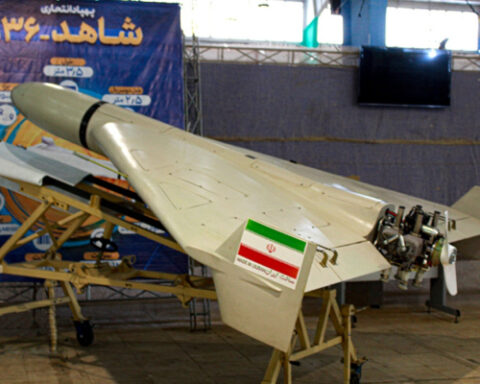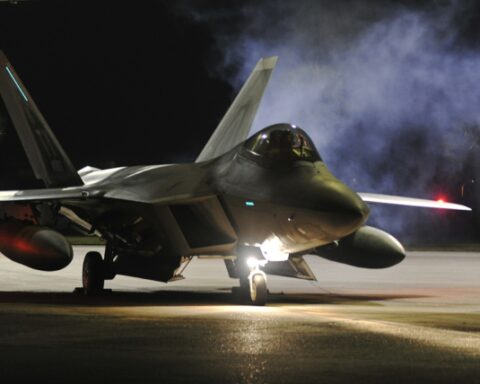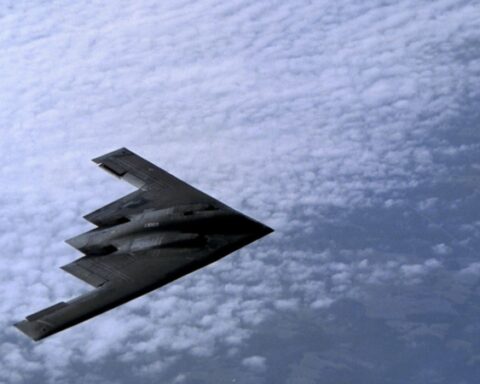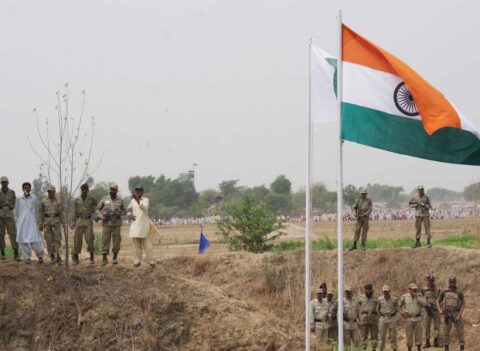In a dramatic escalation of hostilities, Iran has reportedly now retaliated against Israel after the latter’s extensive airstrikes targeting Iranian leadership and nuclear assets.
The Iranian military launched dozens of missiles on Friday, resulting in explosions heard across various Israeli cities. Initial reports confirm that at least five individuals have been wounded as a result of the counterattack.
The Israeli military, which has been actively intercepting incoming munitions, stated that the strikes from Iran were a direct response to the recent Israeli operations aimed at crippling Iranian military capabilities.
The U.S. has stepped in to assist Israel by providing support to counter the missile threat.
Iranian leaders, including Ayatollah Ali Khamenei, vowed to take decisive action against Israel for what they deemed a “great crime.”
Khamenei stated that Iran would not allow Israel to escape the consequences of its actions, declaring, “We must give a strong response to the evil, despicable, terrorist Zionist identity.” He emphasized the need for a powerful retaliation, promising that Iran would show no mercy.
The Israeli Foreign Ministry reported that millions of citizens sought shelter as the Iranian missiles targeted major population centers, highlighting the immediate threat posed to civilian life. “We will take every measure necessary to protect the people of Israel,” the ministry declared in a statement.
According to Iranian sources, the country launched “hundreds” of ballistic missiles at Israeli targets, with some reports indicating impacts in urban areas, including Tel Aviv.
The situation remains fluid, with the Pentagon yet to respond to inquiries regarding the escalating violence.
This latest round of conflict underscores the fragile nature of Middle Eastern geopolitics, where military actions can quickly spiral into broader confrontations.
The airstrikes by Israel and the subsequent Iranian retaliation come amid heightened tensions over Iran’s nuclear ambitions and its support for militant groups in the region.
As diplomatic efforts falter, the potential for a broader conflict looms large. The fallout from these military exchanges raises significant concerns about stability in the region, as both nations prepare for further confrontations.
The international community watches closely, aware that such escalations could have far-reaching consequences beyond the immediate theater of conflict.
This developing story illustrates the ongoing volatility in U.S. foreign relations and the complexities of Middle Eastern politics, as both sides prepare for what may become an extended period of hostilities.
The repercussions of these actions will likely shape the landscape of international diplomacy in the weeks and months to come.
[READ MORE: Fox Host Trey Yingst Describes Massive Iranian Attack on Israeli Capital]








